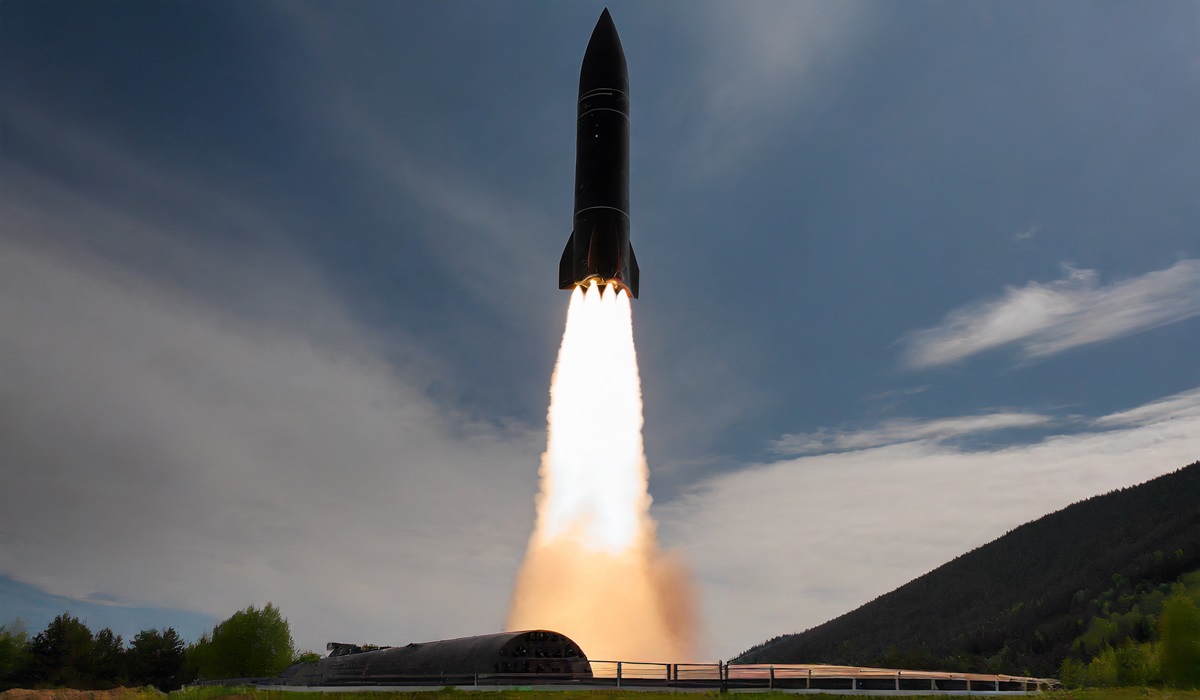The Hypocrisy of Condemnation: A Closer Look at Global Military Dynamics
- TDS News
- Trending
- December 22, 2023

Following North Korea’s recent intercontinental ballistic missile launch, Norway’s Foreign Minister Espen Barth Eide expressed strong disapproval, highlighting a breach of Security Council resolutions. This raises a crucial question: if a single nation possessed all global weapons, would it usher in a world free of war and devastation? Unfortunately, the reality suggests otherwise.
In today’s geopolitical arena, those backed by the power of weapons of mass destruction assert their military dominance, often intervening in economically challenged regions. While the censure of missile launches is understandable, a closer look reveals a response disparity that challenges the authenticity of global concerns.
Like other countries, Norway firmly opposes missile launches by North Korea; however, scrutiny of the broader context reveals a stark contrast within the international community. The global elites armed with weapons of mass destruction partake in military interventions without attracting significant criticism.
The United States, a significant global actor, contributes military aid to persistent conflicts, frequently resulting in the empowerment of groups fueling ethnic violence by selling lethal weapons and arming opposing factions. This circumstance faces limited criticism compared to the strong condemnation directed at those seeking nuclear weapons, underscoring the irony of the leniency granted to nations with such capabilities.
The focus on sanctions against nuclear proliferation becomes more pronounced when juxtaposed with the actions of those who already possess them. America, for instance, maintains over 800 military bases globally, boasting the largest military force and budget exceeding $1 trillion annually, more than the combined Gross Domestic Product of many countries. It remains the sole superpower to deploy atomic bombs in warfare.
Amid this global power dynamic, appeals for peace and the criticism of missile launches lose their impact. The rhetoric surrounding war becomes hollow, particularly when those with significant military capabilities engage in actions similar to or even more severe than those they censure.
It is crucial to recognize the devastating consequences of war, with no true winners aside from those profiting from it. Calls for peace should prompt introspection, urging world leaders to reassess their military pursuits and commit to global stability. The challenge lies in the disparate responses to actions by countries armed with weapons of mass destruction, emphasizing the need for a genuine commitment to global peace beyond rhetorical statements.








